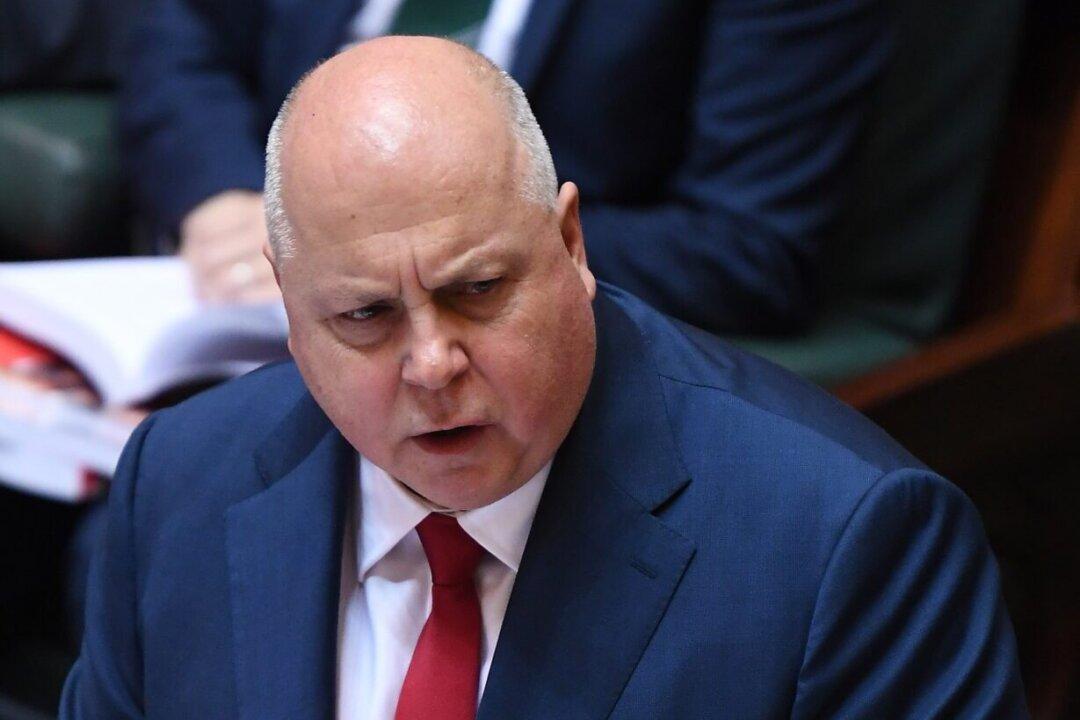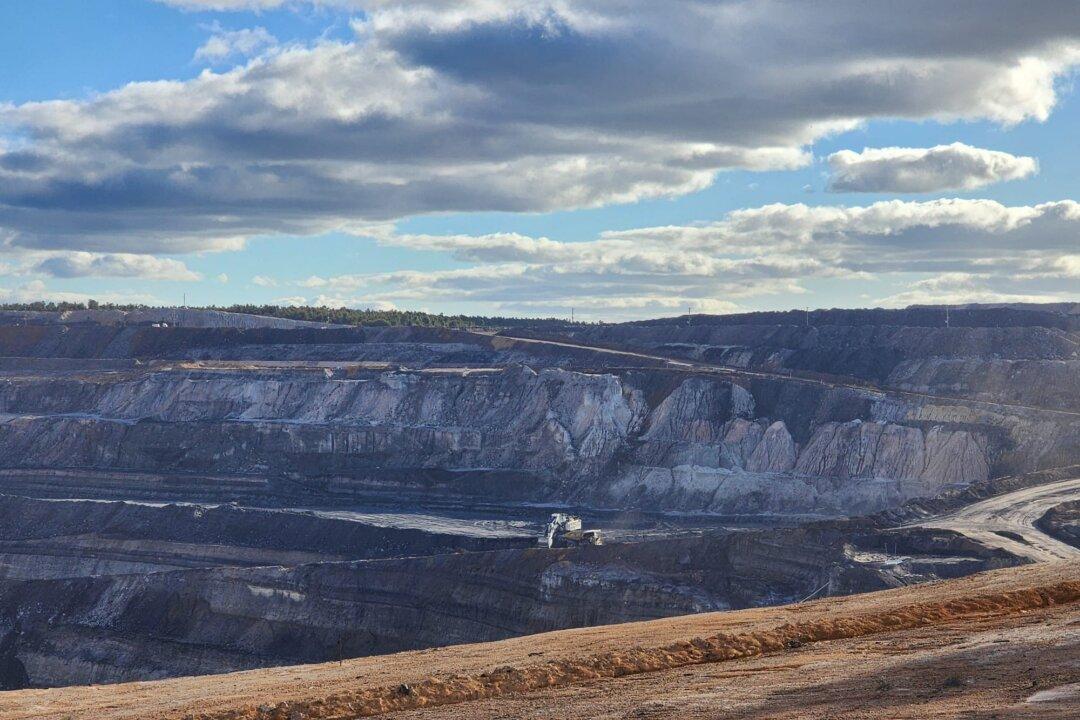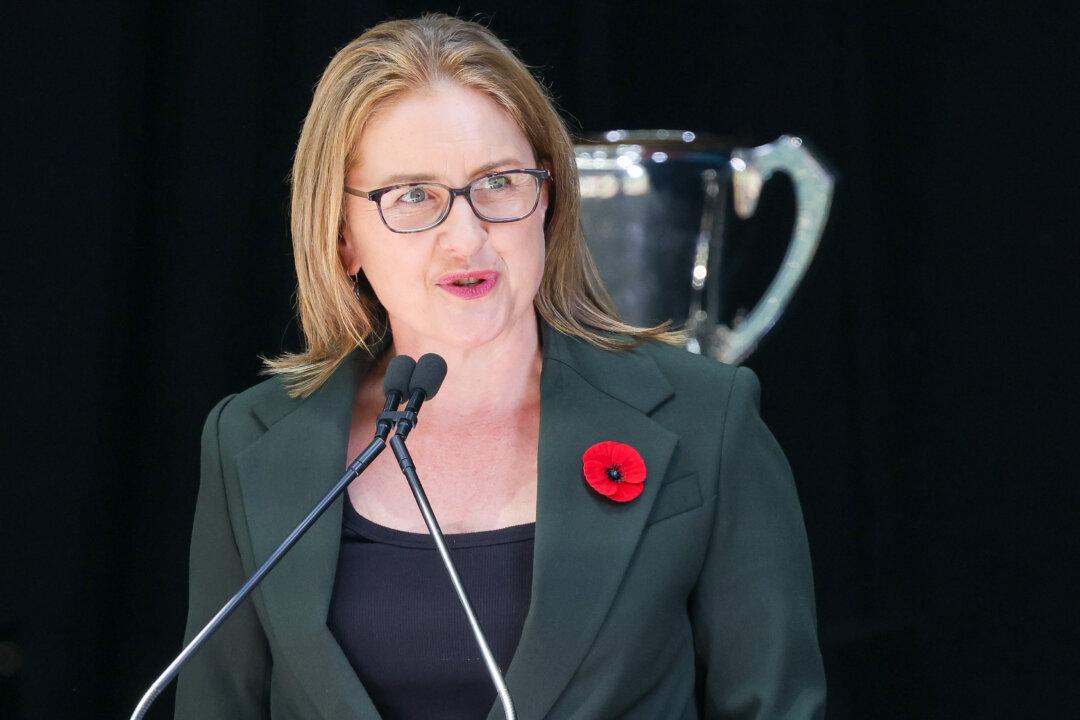A key reform announced in today’s Victorian Budget 2023/24 is to replace the old stamp duty system for commercial and industrial properties with an annual property tax to boost business growth and create jobs.
According to the Economic Growth Package announced today by the treasurer, the existing lump-sum stamp duty structure for commercial and industrial properties will gradually move over to a more efficient yearly property tax system starting from July 1, 2024.




